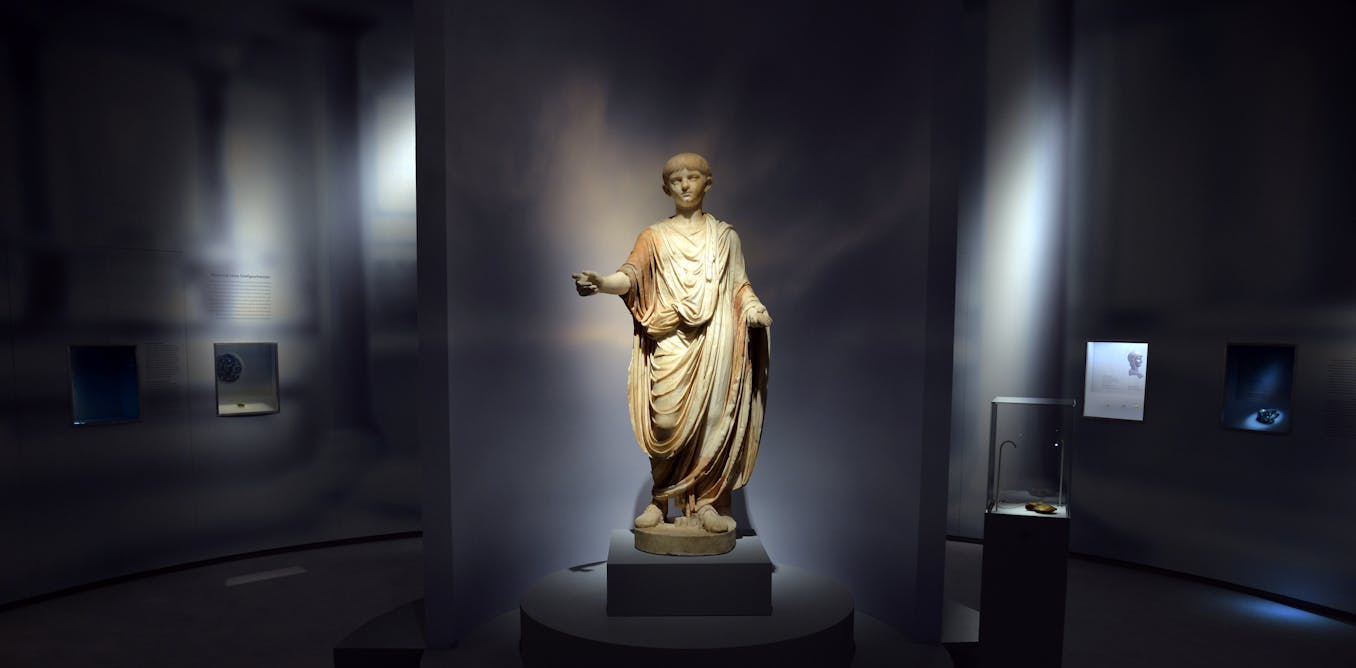The echoes of ancient history often resonate surprisingly loudly in modern political landscapes. A compelling parallel emerges when examining the reign of Emperor Nero in the Roman Empire alongside observations of former President Donald Trump’s leadership style. Both figures, separated by millennia, offer stark lessons on the perilous costs of self-isolation, disregard for honest counsel, and the embrace of sycophantic entourages over genuine advice.
Nero, who ascended to power as Rome’s emperor from 54 to 68 C.E., initially presided over a period of relative stability, known as the “quinquennium Neronis.” However, his focus gradually shifted inward, prioritizing personal aggrandizement over the welfare of his citizens. This inward turn marked a significant departure from the foundational principles established by earlier, more effective Roman emperors, setting a dangerous precedent for the empire’s leadership.
In stark contrast, Rome’s first emperor, Augustus, understood the critical importance of diverse perspectives. He established the consilium principis, or emperor’s council, to lend a republican veneer to his autocratic rule while genuinely seeking input. At least some of Augustus’s advisers were bold enough to challenge him, risking displeasure or even their lives, underscoring the value placed on candid and honest counsel during his successful reign.
Subsequent Roman emperors, including Emperor Nero, proved either less capable or less interested in maintaining this crucial republican facade. Nero notoriously surrounded himself with a small, self-interested cadre of enablers who derived their own power by fueling his delusions. Figures like Tigellinus, Nero’s corrupt praetorian prefect, exemplified this dangerous dynamic, actively encouraging the emperor’s self-worship and vindictive tendencies.
The devastating Great Fire of Rome in 64 C.E. served as a critical test of Nero’s leadership, one he profoundly failed. Instead of offering solace and practical aid to his desperate, displaced, and homeless citizens, Nero responded with extreme cruelty, focusing on persecuting scapegoats—particularly foreigners from the east—rather than addressing the dire needs of the populace. His actions showcased a leader detached from the suffering of his people.
Nero’s failure to provide real solutions for Rome’s problems was compounded by his escalating divine pretensions. He sought to project himself as a god on Earth, even erecting a colossal statue, the Colossus Neronis, portraying himself as a deity. This desperate attempt to rise above the ashes through self-glory only further alienated the very citizens who had once revered him, highlighting a deep disconnect between ruler and ruled.
Fast forward to the modern era, critics of Donald Trump have frequently noted his propensity for self-isolation and a preference for praise over constructive criticism. His ambition to have his face carved into Mount Rushmore, a national memorial reserved for legendary American presidents, further exemplifies a focus on personal legacy and autocratic rule rather than the selfless service of citizens, drawing a striking historical parallel to Nero’s grandiosity.
The Roman Empire, particularly through the rise and fall of Emperor Nero and the contrasting wisdom of Augustus, offers enduring lessons for Political Leadership. It vividly illustrates what can happen when honest criticism is sidelined in favor of idolatry and sycophancy. True leadership, as history repeatedly teaches us, necessitates a willingness to engage with diverse perspectives and prioritize the well-being of the populace over personal glorification.






Leave a Reply